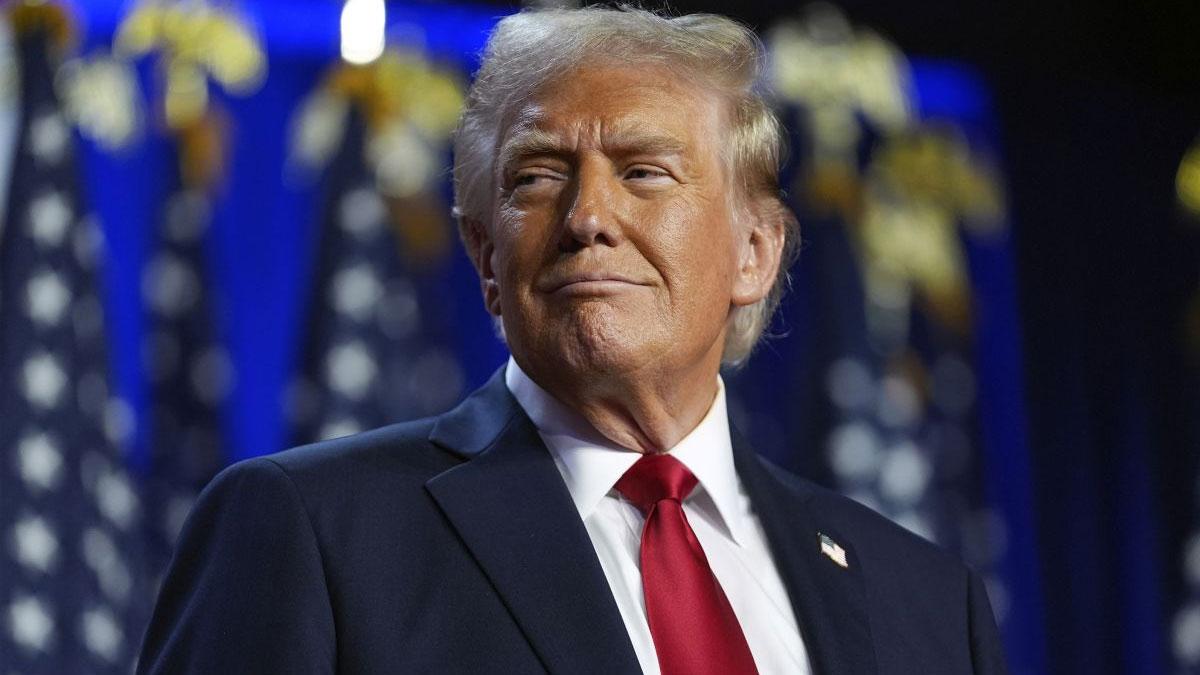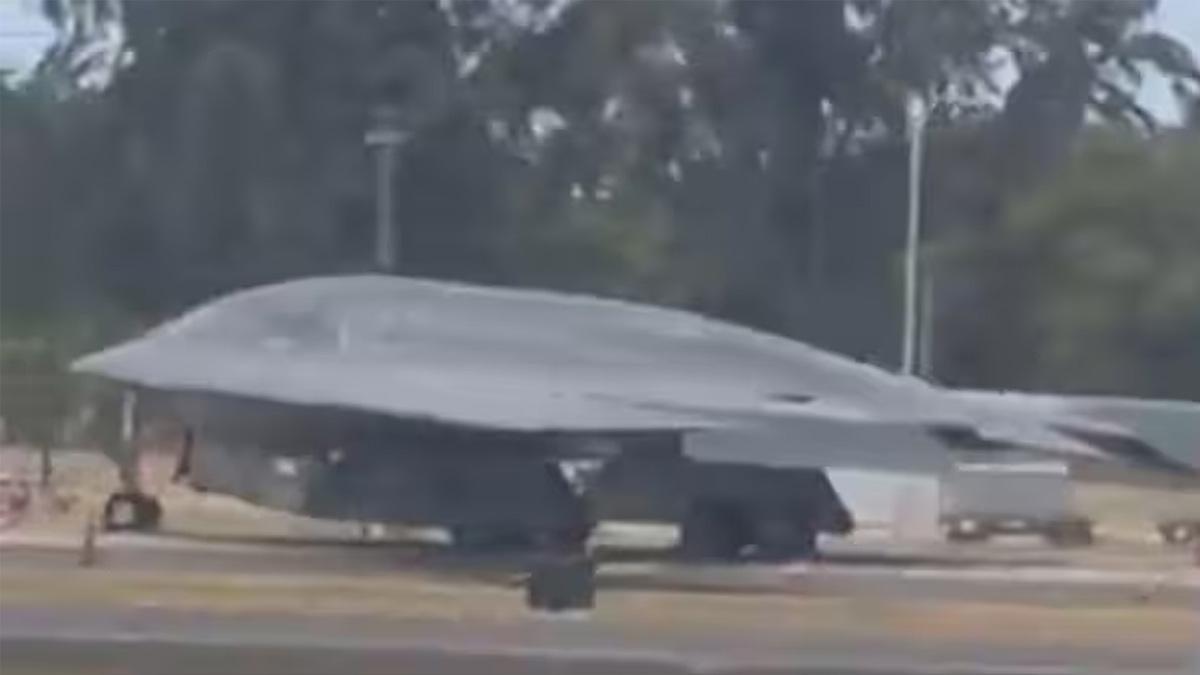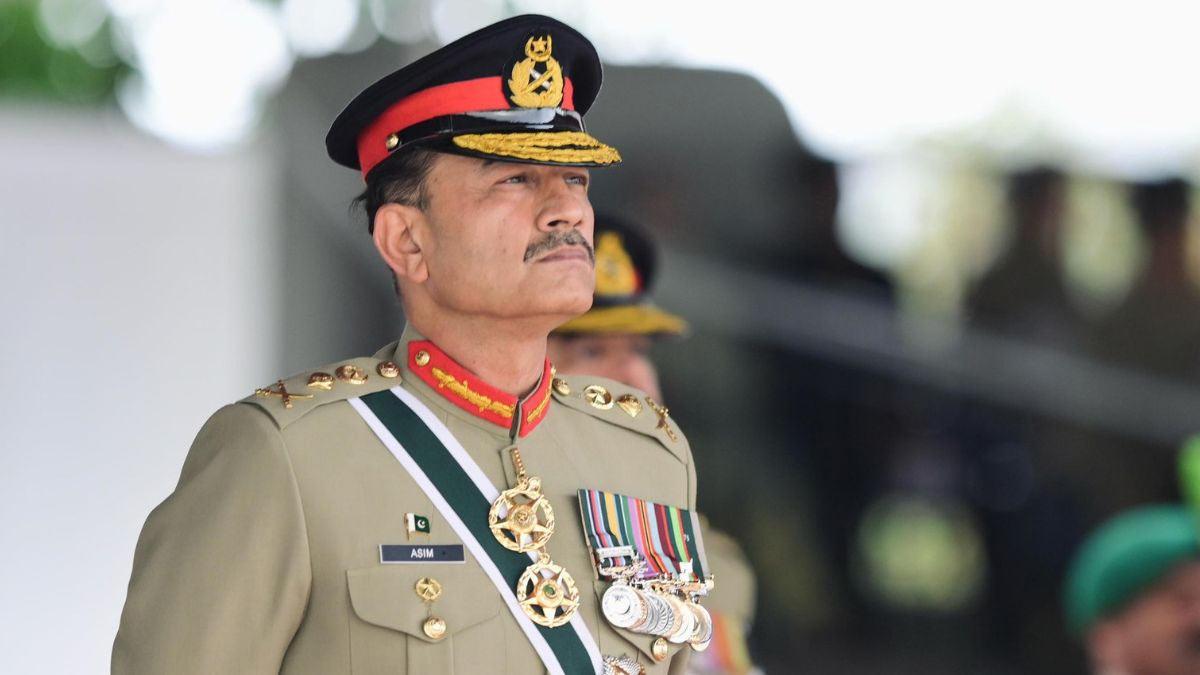US President Donald Trump on Wednesday announced American staff were being withdrawn from sections of the Middle East, as he cited increased dangers in the region. "It could be a dangerous place," Trump said, adding that the US would not allow Iran to have nuclear weapons.
The comments followed a report by Reuters that Washington is making preparations for a partial pullout of personnel from its embassy in Baghdad. Furthermore, armed forces families based in different regions of the country are being offered a chance to voluntarily leave, according to several US and Iraqi officials.
The evacuation's reasons were not made public, but the action prompted a swift market reaction, with international oil prices increasing over 4%.
A US official wrote that the State Department has approved voluntary departures from US embassies in Bahrain and Kuwait. The department also revised its worldwide travel advisory on Wednesday to incorporate what it termed "heightened regional tensions."
The situation unfolds at a particularly fragile juncture. Efforts to revive a nuclear agreement with Iran have stalled, and intelligence sources suggest Israel may be preparing for a potential military strike on Iran’s nuclear facilities.
“They are being moved out because it could be a dangerous place, and we’ll see what happens,” Trump said. “We’ve given notice to move out.”
Pressed on potential de-escalation, Trump was uncompromising: "They can't have a nuclear weapon. Very simple."
Trump repeatedly threatened military action against Iran if it does not comply with US demands to stop enriching uranium. Speaking in an interview published earlier on Wednesday, he expressed growing unease about Iran's commitment to doing so.
In an explicit threat, Iran's Defence Minister Aziz Nasirzadeh stated that an attack on Iran would be reciprocated with retaliation against American bases in the Middle East.
Even after the gestures, the US embassy in Kuwait said it is "fully operational" and there is no reduction in the number of staff. The US has a far-reaching military presence in the oil-rich area, and there are bases in Iraq, Bahrain, Qatar, Kuwait, and the United Arab Emirates.
US Defense Secretary Pete Hegseth has authorized voluntary departure to military dependents serving across the area, particularly those deployed in Bahrain, which has the lion's share.
A third US official disclosed that the Baghdad embassy is getting ready for an "ordered departure," preferably via commercial flights. US military assistance, however, remains on standby in the event a non-commercial evacuation proves to be necessary.
Iraqi authorities, however, did not seem to know of any particular threats that necessitated the move. The state news agency of the country quoted a government official as asserting no credible security threats had been determined.
US operations at principal US facilities, such as Al Udeid Air Base in Qatar, the largest US base in the Middle East, also remain as before, another official stated. The US embassy in Doha similarly operates as before.
After reports of the embassy pullout, Brent crude rocketed $3 higher to $69.18 per barrel, reflecting the sensitivity of the global market to Gulf events.
Earlier today, the maritime authority for Britain warned ships transiting key waterways such as the Gulf, the Gulf of Oman, and the Strait of Hormuz to exercise caution in the wake of potential military escalation.
The UK Foreign Office is keeping the situation under close watch and will re-evaluate its embassy presence in Iraq accordingly.
Iraq is now walking a fine line of balancing its relations with both America and Iran. The country is currently hosting some 2,500 American servicemen, although many of its security forces have strong connections with Iran-backed militias.
There has been a brewing tension in Iraq since the beginning of the Gaza conflict in October 2023. Although Iran-aligned groups targeting US personnel have slowed in recent months, a year ago saw record levels of direct fire combat between Israel and Iran, including missile and drone attacks over Iraqi airspace.
Israel also conducted several strikes against Iran-related targets throughout the region, including Iraq and bordering Syria.
Over the past few months, the US has strengthened its presence in the Middle East with calculated deployments, such as B-2 bombers and a second aircraft carrier—both of which have since been recalled.
The next set of indirect US-Iran nuclear talks is to come shortly. Tehran is drawing up a new proposal after spurning Washington's latest offer.
A top Iranian official in an interview with Reuters pointed out, "The threat of war has always been in the US's bargaining arsenal," pointing out that "any US or Israeli strike would have serious repercussions."
Iran's UN mission reiterated on X that it has no interest in nuclear weapons. "Threats of 'overwhelming force' won't change the facts: Iran is not seeking a nuclear weapon, and US militarism only fuels instability," said the statement.
The message followed US Army General Michael "Erik" Kurilla, the leader of Central Command, informing reporters that he had given President Trump various military options to stop Iran from building a nuclear arsenal.
Kurilla has now rescheduled a congressional hearing for Thursday following the heightening crisis, two US officials said.
Read also| Elon Musk Admits Regret Over Trump-Related Posts: ‘Went Too Far…'
Read also| US Reaffirms Commitment to Support India in Terror Battle: State Dept.


















